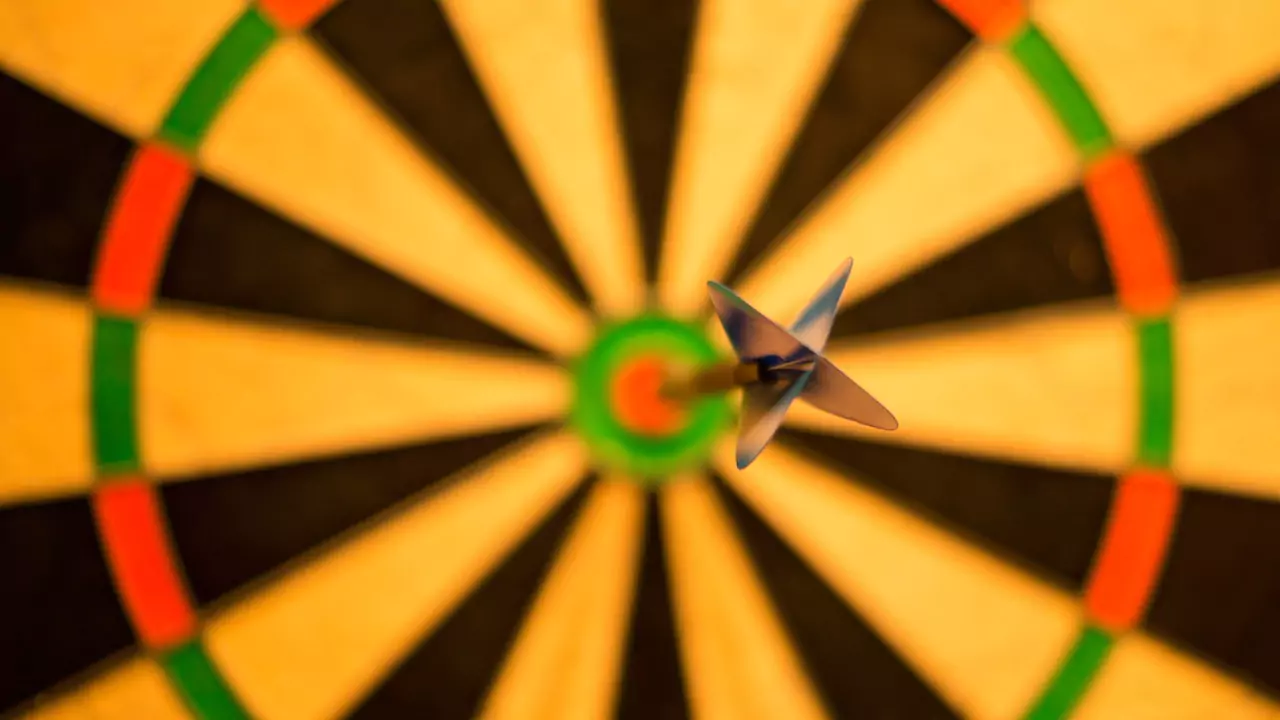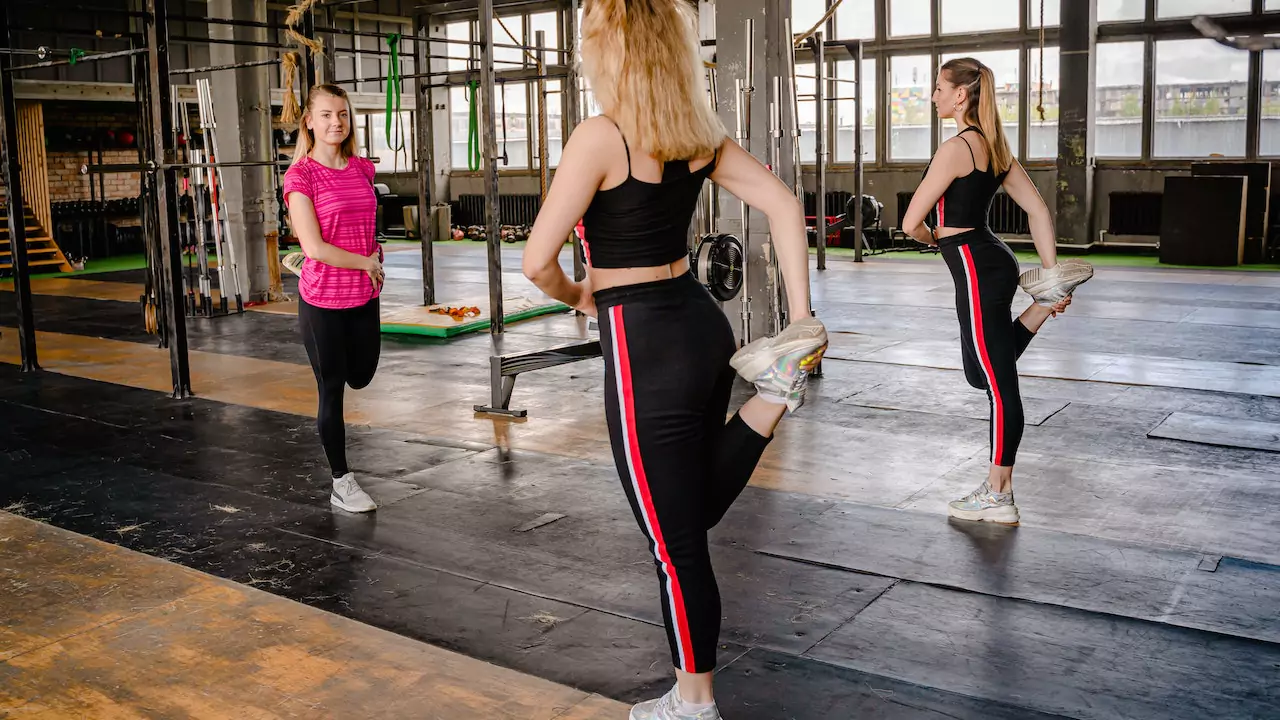Definition of Motivation & Importance of Exercise
Motivation is the internal force that compels individuals to act toward achieving their goals. It can be inherent, from within an individual, or external, from external factors. Motivation is crucial to success in various aspects of life, including physical fitness.
Exercise is essential to a healthy lifestyle, providing numerous benefits such as improving cardiovascular health, reducing the risk of chronic diseases, and boosting mental well-being. In addition, inspiration is vital in maintaining a consistent exercise routine, especially when faced with challenges such as time constraints or lack of interest.
With motivation, individuals may be able to find the energy and dedication needed to sustain an exercise routine, leading to a sedentary lifestyle and its associated adverse health outcomes. Therefore, cultivating motivation is critical in maintaining a healthy lifestyle, including regular exercise.
Tips for finding the motivation to exercise
Setting goals

Also Read: How to Stay Motivated to Exercise Regularly: Tips and Tricks
Setting goals is a crucial step toward finding motivation for exercise. By setting specific, measurable, and achievable goals, individuals can gain a sense of direction and purpose in their workout routine. Goals can be short-term or long-term, such as running a 5K race or losing a certain amount of weight. When individuals have a clear goal, it provides them with a tangible outcome to work towards, increasing their motivation to exercise regularly. Additionally, setting goals can provide a sense of accomplishment and progress as milestones are achieved, leading to increased self-confidence and motivation.
Finding an accountability partner

Finding a workout partner can be a powerful motivator for exercise. Exercising with a partner can provide mutual support, encouragement, and accountability. When individuals have a reliable partner to work out with, they are more likely to stick to their exercise routine and make consistent progress toward their fitness goals. Additionally, having a workout partner can make exercise more enjoyable, making staying motivated and committed to a regular exercise routine easier. Moreover, a workout partner can challenge individuals to push themselves beyond their limits, leading to improved performance and fitness outcomes. Finding a workout partner can be done through a gym or fitness class, social media, or personal networks. Overall, finding a workout partner is an effective strategy for finding motivation for exercise and increasing the chances of achieving optimal health outcomes.
Changing up the routine

Changing one’s exercise routine can be an effective way to find motivation for exercise. Doing the same types of exercise routine day after day can become monotonous and boring, leading to decreased motivation and interest in exercising. However, changing the routine by trying new exercises, different types of workouts, or switching up the order of exercises can add variety and excitement to one’s routine. This can prevent boredom and help individuals stay engaged and motivated to continue exercising. Additionally, trying new exercises or workouts can challenge the body in new ways, leading to improved fitness outcomes and increased motivation. It can also help prevent levels where the body becomes usual to the same exercises and progress slows down. Overall, changing one’s exercise routine is an effective strategy for finding motivation for exercise and achieving optimal health outcomes.
Finding inspiration

Finding inspiration can be a powerful motivator for exercise. When individuals have a source of inspiration, whether a fitness role model, a personal trainer, or a fitness community, it can ignite their passion for exercise and provide them with the motivation needed to stick to their workout routine. Seeing the success and progress of others can be inspiring and show individuals that their fitness goals are achievable. Finding inspiration through fitness blogs, social media, or fitness magazines can give individuals new ideas for workouts or exercise routines. This can prevent boredom and help individuals stay engaged and motivated to continue exercising.
Rewarding yourself

Rewarding oneself can be a helpful strategy for finding motivation for exercise. When individuals set goals and achieve them, they deserve to celebrate their accomplishments. Rewards can come in many ways, such as treating oneself to a healthy meal, buying new workout clothes, or indulging in a non-food related treat like a massage or a day off work. By setting small, achievable goals and rewarding oneself for achieving them, individuals can create positive associations with exercise and develop a sense of accomplishment. This can provide a powerful incentive to exercise regularly and maintain a healthy lifestyle. Moreover, rewarding oneself can increase self-esteem and self-power, improving confidence and motivation to continue exercising. Overall, rewarding oneself is an effective strategy for finding motivation for exercise and achieving optimal health outcomes.





